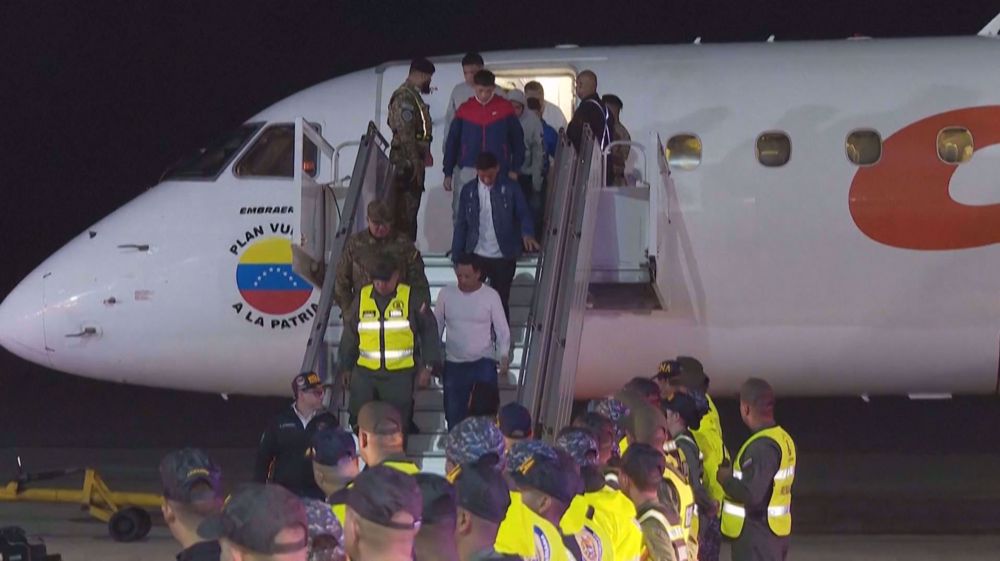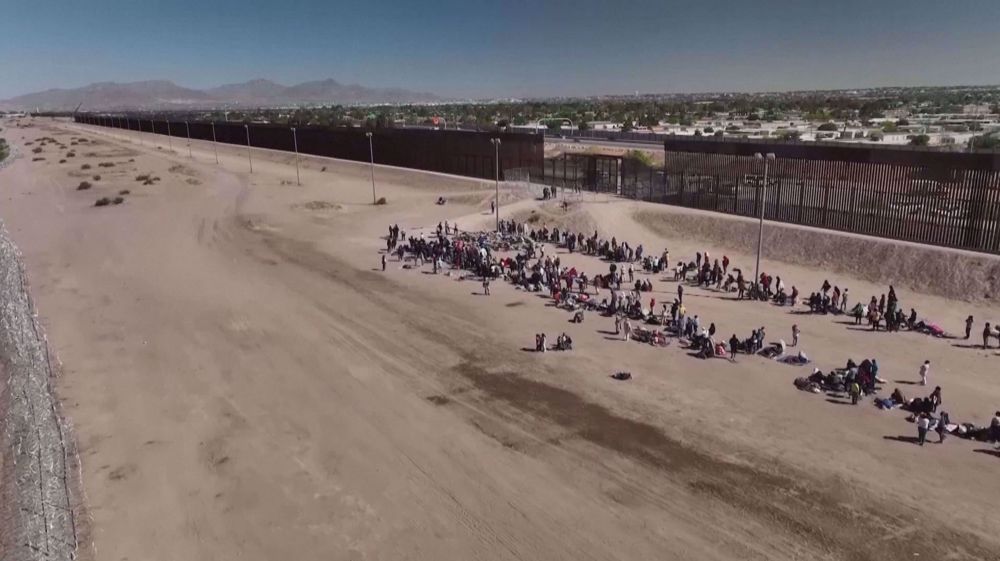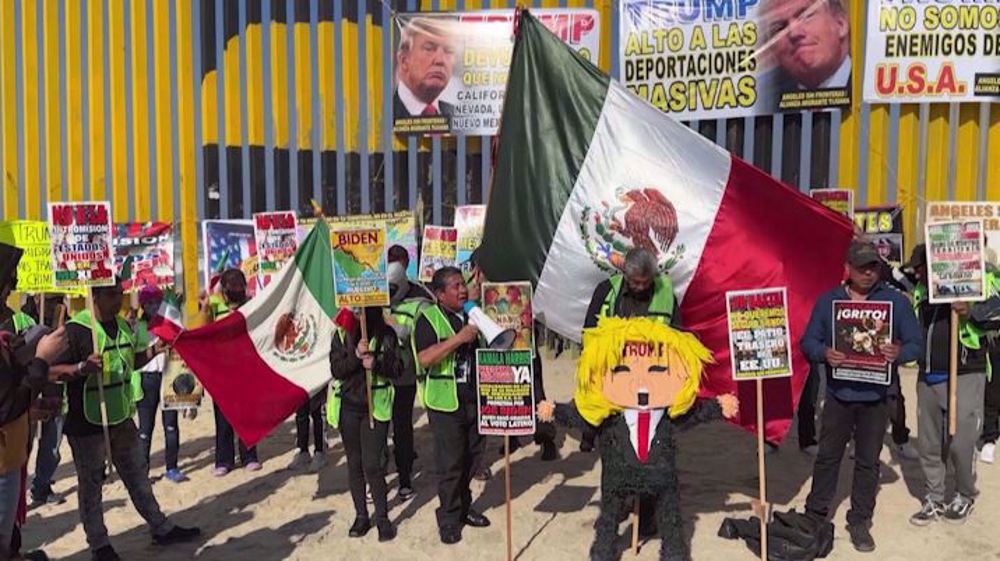Bolivia government proposes election bill as death toll mounts
Bolivia's interim government presented a bill on Wednesday (November 20) that aims to forge a path to new elections and defuse street violence that has killed 32 people since a disputed October vote.
The South American country's two chambers of congress are expected to debate the election bill beginning on Thursday (November 21) and possibly extending into Friday (November 22), which would annul the Oct. 20 poll and appoint a new electoral board within 15 days of its passage, paving the way for a new vote after long-term leftist leader Evo Morales resigned under pressure this month.
A date for new elections was not included in the proposal. The bill called for a "credible and professional" election body "in order to pacify the country and redirect democratic institutionality."
Currently led by a caretaker government, Bolivia is grappling to mend stark divisions between Morales supporters and opponents seeking to move beyond his nearly 14-year rule.
He stepped down on Nov. 10 under pressure from protesters, civil groups, security forces and allies, as well as an international audit that found serious irregularities in the election count and cast doubt on his announced outright victory.
Since then, an interim government under conservative former Senator Jeanine Anez has struggled to quell deadly violence and fanned some divisions with abrupt shifts in policy away from Morales, the country's first indigenous president.
Conflict in the region of Cochabamba and the high-altitude city of El Alto has rattled Bolivia over the last week since Morales departure with clashes at a gas power plant blockade on Tuesday (November 19) that left eight people dead.
That took the total number of deaths in the post-election unrest to 32, according to Bolivia's official human rights ombudsman most of those in the last 10 days sparking calls for investigations into human rights abuses.
(Source: Reuters)

Nearly 200 migrants deported from US, all men, arrive in Venezuela

'Un-American,' 'Help people already here'- birthright citizenship debate divides NY

Activists in Mexico rally against incoming Trump's anti-immigration policies
VIDEO | German Muslims forced to pray on streets due to forced closure of mosque
VIDEO | New tragedy unfolds in Rafah as Israeli regime expands ground attacks in Gaza
VIDEO | 14 million youths in EU have poor mental health
VIDEO | Syrian protesters condemn Israeli aggression in Gaza
US judge rules for Mahmoud Khalil’s deportation over his pro-Palestinian views
VIDEO | Massive Friday protests in Yemen: Call for end to US, Israeli aggressions
Leaked docs. expose Israeli censorship campaign to erase pro-Palestinian content online
Yemen targets Israeli military sites in Jaffa in retaliation for Israel’s Gaza genocide






 This makes it easy to access the Press TV website
This makes it easy to access the Press TV website